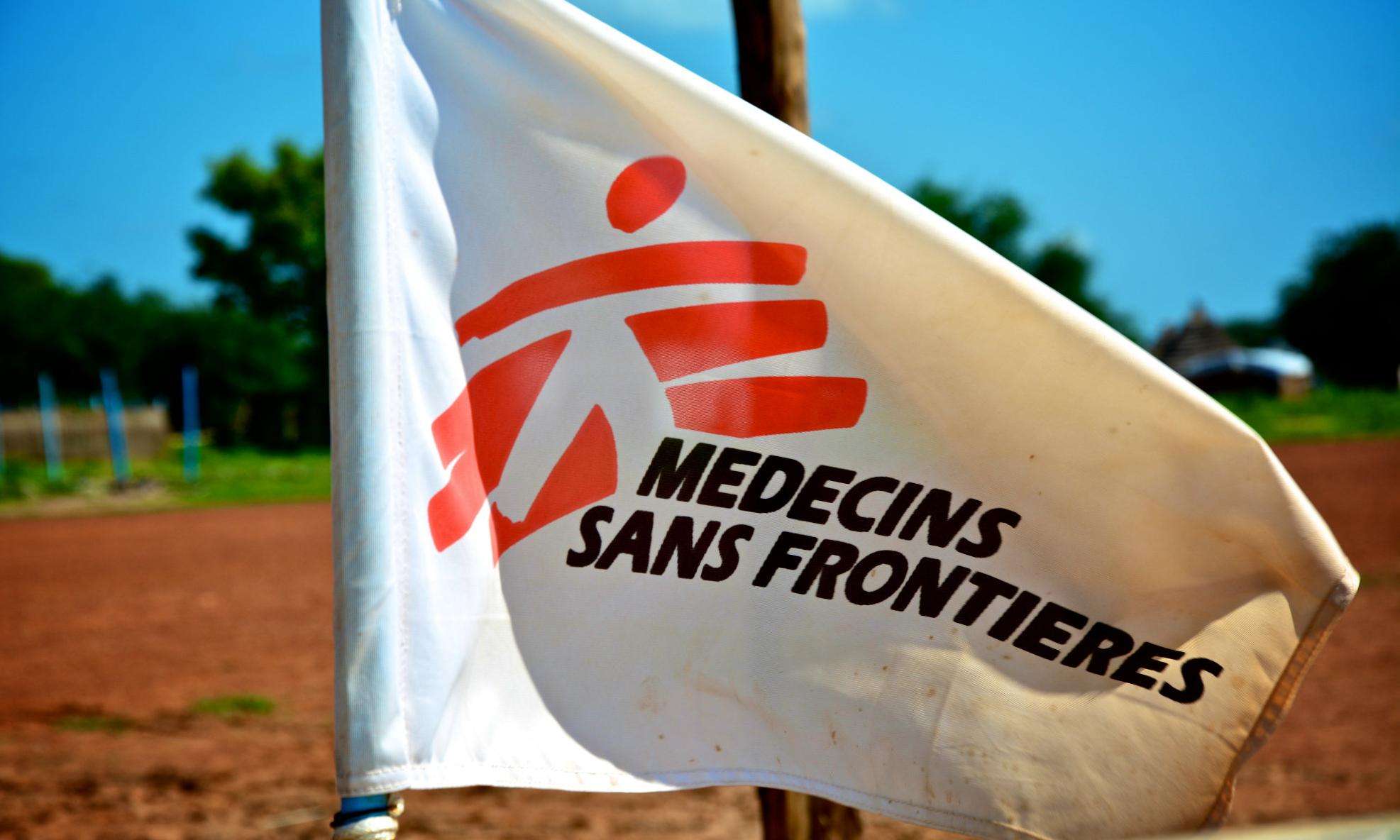
A baby being washed in the TFC, Maradi clinic. Photo © Anne Yzebe/MSF
June 28, 2005, Niamey/New York – Tens of thousands of children are suffering from severe malnutrition in Niger today, many in grave condition and in danger of dying unless they receive urgent medical care, according to Doctors Without Borders/Médecins Sans Frontières (MSF). A recent nutritional survey by MSF and its research affiliate, Epicentre, in the villages to the north of Maradi and Tahoua, found mortality rates for children under five years of age above the emergency threshold of 2 deaths/10,000 people/day for the past two months.
This is not a natural catastrophe, but rather a serious nutritional crisis that has been forecast for months. Despite this fact, aid is still not being delivered. But there is still time to act.
"There is still time to avoid thousands of deaths in both Niger and elsewhere in the Sahel this summer," said Dr. Jean-Hervé Bradol, President of MSF in France. "Today, there are easy to use nutritional products for children that can save lives with just a few weeks of treatment."
To address the emergency, it is essential that three measures are taken immediately:
- The free distribution of food, some of which must be adapted for the needs of children
- Free access to healthcare for children under five years of age
- The mobilization of other emergency aid organizations
Since January 2005, MSF has treated more than 9,000 children for severe malnutrition in Maradi and Tahoua provinces. The number of children in need of treatment continues to rise. In June 2005, more than 1,000 children were admitted each week into MSF programs in Maradi, Dakoro, Keita and Tahoua. With a shortage of food until the harvest in October and greater levels of disease expected for the rainy season, thousands more children will succumb to severe malnutrition if they are not able to obtain food aid and free medical care.
The food security system, co-managed by the government and donors, has pledged to bring aid to people through free distributions of food and other necessary goods in case of a nutritional crisis. While the serious nature of this crisis was recognized in October 2004, by June 2005 food aid was still insufficient in volume and not free of charge. As such, it is still inaccessible for a segment of the population.
The measures taken so far are absolutely not in line with the needs. While the Prime Minister of Niger pledged in early June to allocate free healthcare to malnourished children, this commitment has still not become a reality.
At the end of June 2005, a free distribution of food aid supplied by several countries including the United Arab Emirates, Libya, and Algeria began for more than 1.6 million women and children. This measure can only be effective if it is reinforced by several thousand more tons of food from donors. Until now, the reluctance of international donors and Niger's government concerning the free distribution of food has blocked an adequate response to the situation.
"This emergency has not been taken seriously enough," said Emmanuel Drouhin, manager of MSF programs in Niger. "And if nothing is done before November, a lot of people will have to share the blame."
MSF expects to treat more than 20,000 severely malnourished children this year, double the number of children treated in 2004, in one of the organization's biggest nutritional operations in the past 30 years. MSF cannot deal with this emergency alone, though, and calls for a faster and more significant reaction from international donors, the government of Niger, and other emergency aid organizations to limit the effects of this catastrophe. There are only a few weeks left to save thousands of lives in Niger.





